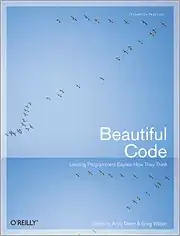Part of the value of Open Source is to provide great example code to people getting started with a new platform or language.
What's the best Open Source code you've encountered, and why do you like your choice? Any language will do, but I'm particularly interested in the best examples of Objective-C you can point out.
Obviously this is an open-ended question, so I'll leave the question open for a while and see what kinds of answers we get.
Thanks!
EDIT: For "best" I was thinking of code that follows the idioms in the given language or platform, as well as including the parts that make code "professional" - good documentation, a testing suite, etc. Code that is concise, but not overly clever is preferred to very terse or chatty code.
